Search Results
Showing results 441 to 460 of 796
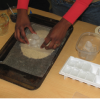
Ice on Mars
Source Institutions
In this activity, learners use sand and ice cubes to create a model of permafrost and the effects of the ice melting through the surface.
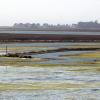
Wetland Preservation Art
Source Institutions
In this hands-on art and science activity (page 4 of the pdf), learners brainstorm and discuss how humans use wetlands, then express their understanding of the subject in artwork.
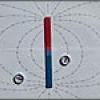
Exploring Magnetic Field Lines
Source Institutions
In this activity, learners explore the magnetic field of a bar magnet as an introduction to understanding Earth's magnetic field. First, learners explore and play with magnets and compasses.
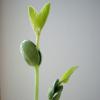
From the Ground Up
Source Institutions
In this plant science activity, learners conduct four experiments to observe how plants respond to sunlight and gravity.
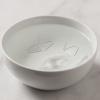
Water Bugs
Source Institutions
Some bugs can walk on the surface of a lake, stream, river, pond or ocean.
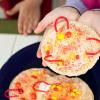
Sun Cookies
Source Institutions
In this activity, learners use candy pieces and a cookie to make an accurate model of the Sun they can eat. Parts of the delicious model include solar granules, sunspots, and solar prominences.
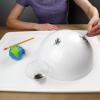
Exploring the Solar System: Magnetic Fields
Source Institutions
The "Exploring the Solar System: Magnetic Fields" activity shows participants how scientists can use tools to study the invisible magnetic fields of Earth, the Sun, and other objects in the universe.
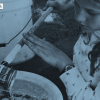
Can Fishing
Source Institutions
In this outdoor activity, learners go "can fishing" and discover the kinds of aquatic organisms that live in and on submerged cans.
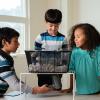
Exploring the Universe: Star Formation
Source Institutions
In this activity, participants will learn how stars form from the dust and gas that exists in space clumping together.
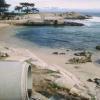
What is in the Water?
Source Institutions
In this activity, learners use open inquiry to learn about the process of science as well as gain experience regarding the Law of Conservation of Mass, dissolution, and density.
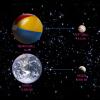
Sizing Up the Universe
Source Institutions
In this online interactive challenge, learners choose items to represent the Earth or solar system, then determine other items to represent the Moon, or Milky Way based on their relative size.
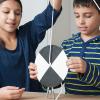
Clear Water, Murky Water
Source Institutions
How do scientists measure how clear or murky water in a lake is? How does water clarity (clearness) affect what lives in the lake?
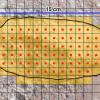
Angles and Area
Source Institutions
In this activity (page 10 of PDF), learners approximate the area of the uppermost cross section of an impact crater using a variety of square grids.
Soil Secrets
Source Institutions
In this activity (located at the bottom of the page), learners investigate soil and explore the creatures that live in it.
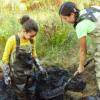
Bury Me Not!
Source Institutions
This activity (page 2 of the PDF under SciGirls Activity: Bogs) is a full inquiry investigation into decomposition.
Windmills
Source Institutions
In this physics activity (page 8-9 of the PDF), learners will explore wind energy. They will build their own windmill and see how energy from wind can be converted into a useable form.
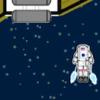
So Many Parts
Source Institutions
In this online Flash game and spacewalk mission simulation, learners are challenged to repair parts of a space station while balancing their oxygen and fuel use carefully.
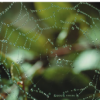
Stick to It: Adhesion II
Source Institutions
Water sticks to all kinds of things in nature — flowers, leaves, spider webs - and doesn't stick to others, such as a duck's back.
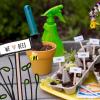
Egg Carton Nursery
Source Institutions
In this activity, young learners will make their own flower seed nursery in an egg carton.
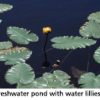
Freshwater Ecosystems
Source Institutions
In this activity, learners create a freshwater ecosystem in a large plastic bottle. Learners cut and prepare bottles, then fill with water, aquatic plants, snails and fish.
